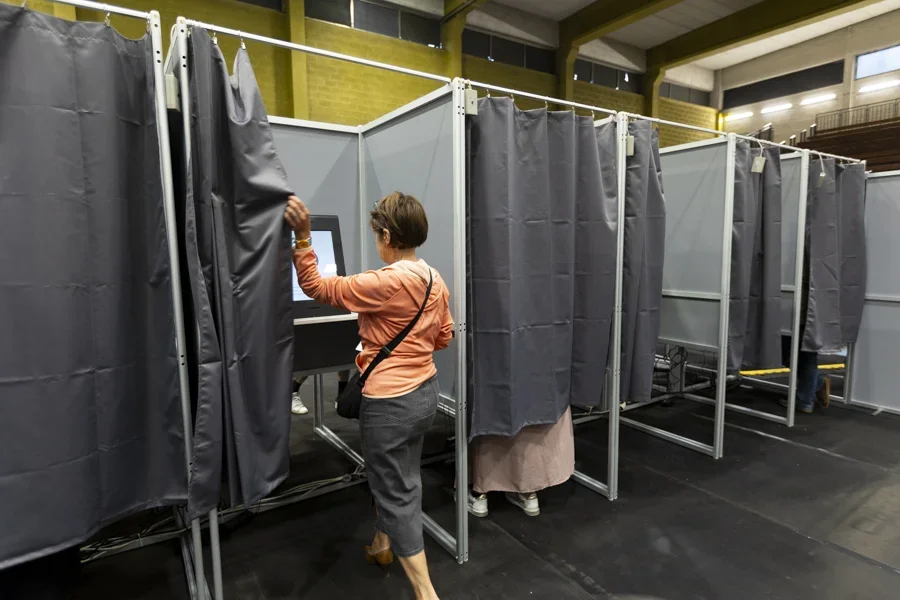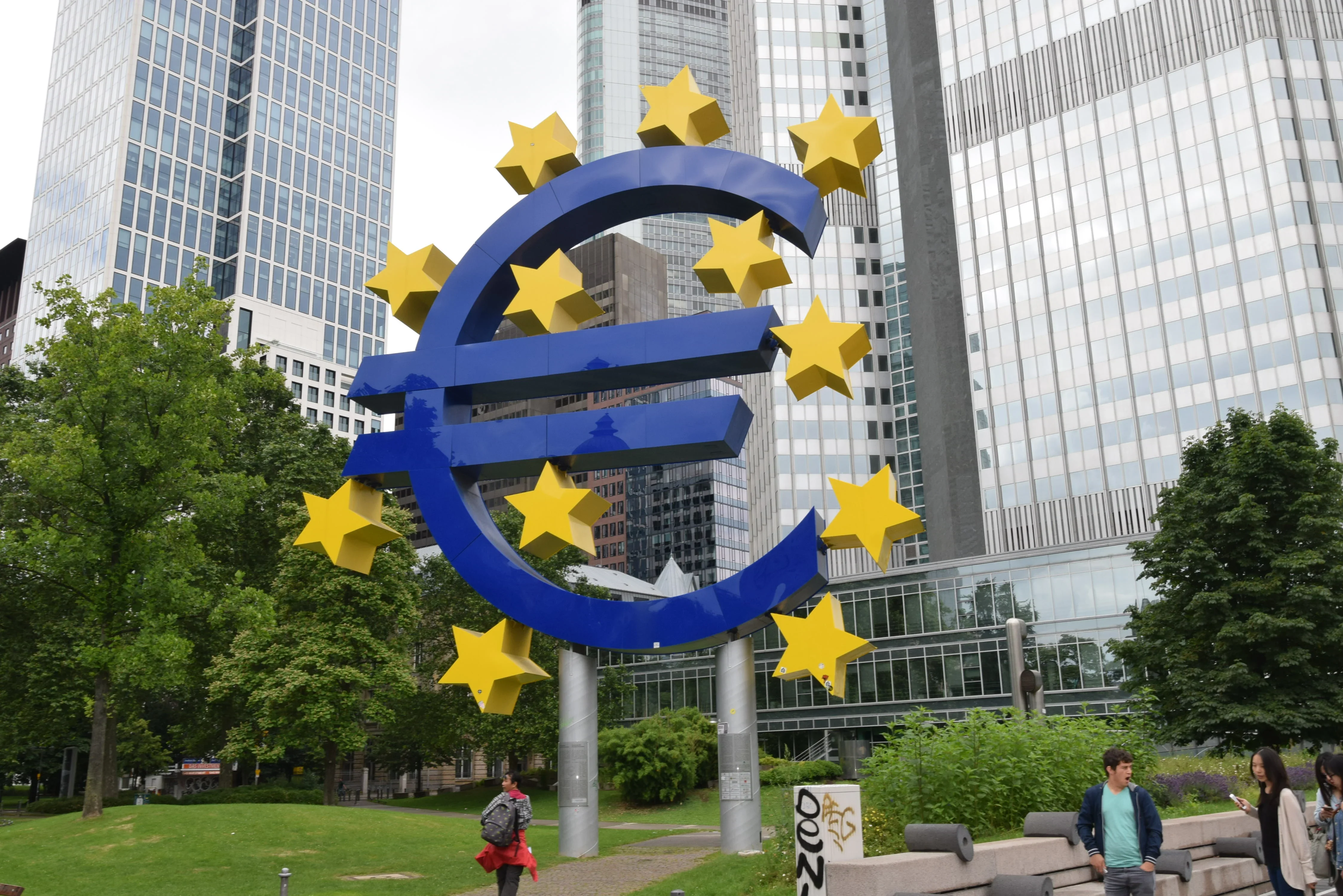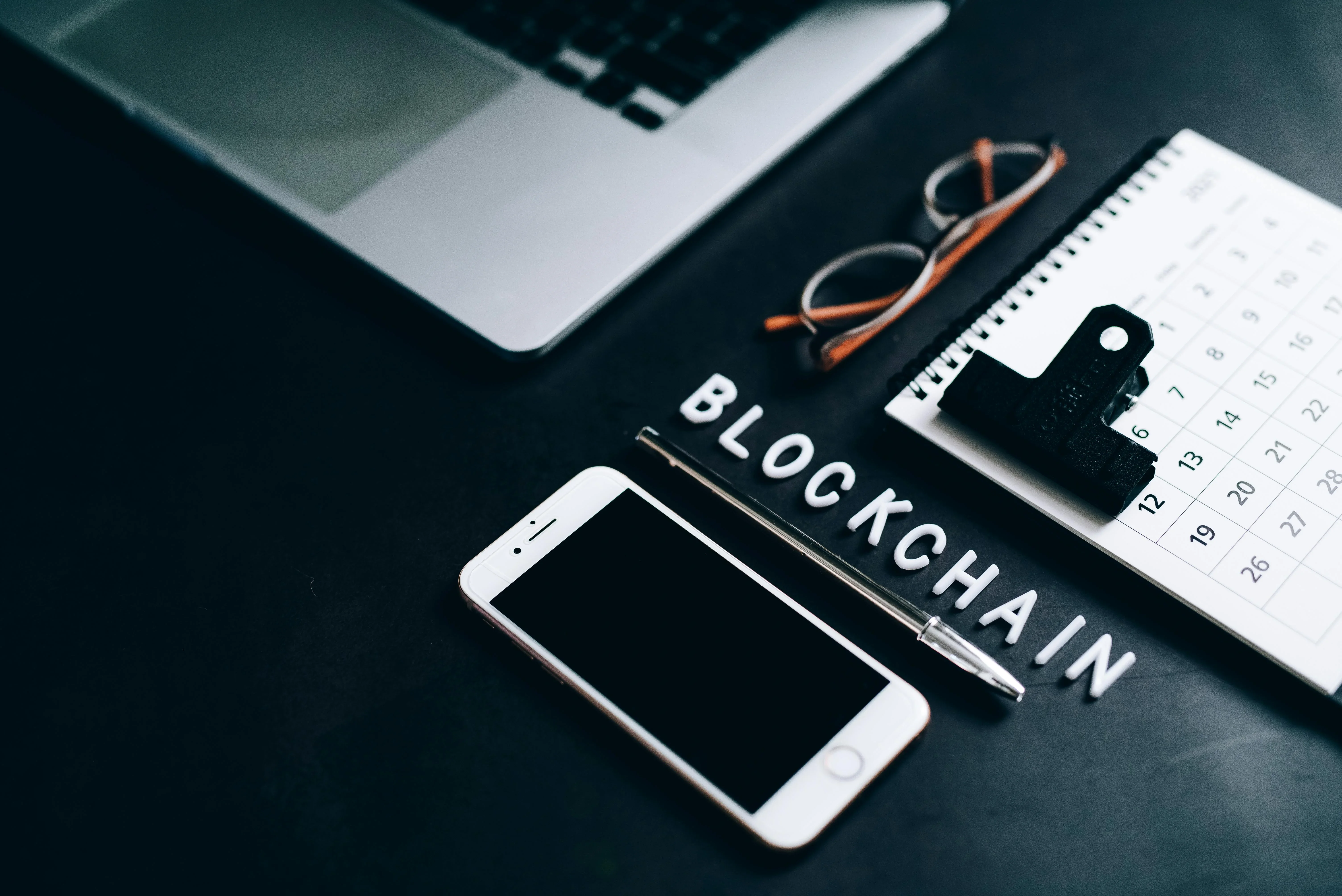Digital Voting and Blockchain: A Democratic Revolution or a Technological Illusion?
In an era of global digitalization and growing distrust in traditional electoral processes, blockchain technology emerges as a potential game-changer. With promises of full transparency, tamper-resistance, and decentralized governance, blockchain systems are slowly entering electoral experiments across the world.
Estonia – A Pioneer in E-Voting
Since 2005, Estonia has allowed citizens to vote online. In recent years, the government has integrated blockchain elements to safeguard electoral infrastructure. Using cryptographic signatures and registries, voters can verify their ballot without compromising the secrecy of their vote.
South Korea – Toward Full Digitalization
In 2022, South Korea unveiled plans to develop a blockchain-based platform for local elections. Led by the Korean National Election Commission in collaboration with domestic tech firms, the pilot phase showed promising results in voter authentication and preventing double voting.
Brazil – Between Ambition and Skepticism
Brazil, known for its advanced electronic voting system, tested blockchain integration in 2020. Although initial trials demonstrated resistance to manipulation, political mistrust and public skepticism halted further implementation.
Security and Cyber Risks
The central question remains: can an internet-based, distributed system truly be immune to external threats? Hacker groups linked to state interests pose a real danger. The anonymity afforded by blockchain can be a double-edged sword, enabling abuse without a traceable culprit.
Trust and Transparency
According to a 2023 report by the Center for Democratic Innovation, over 60% of EU citizens express distrust toward electronic voting. Blockchain promises verifiability, but not automatic trust. Trust must be earned through transparent procedures, independent audits, and voter education.
The Future – A Gradual Integration
Analysts recommend phased adoption: first for voter registries and verification, then for result tabulation, and finally for the vote itself. This step-by-step approach minimizes risks and builds public confidence.
Conclusion
Blockchain is no panacea, but it may be a tool for restoring trust in democratic processes. The world is not fully ready for complete digital voting — but it is moving in that direction. The question is not if, but when — and under what safeguards.
You may also like
 Radev: Limiting Voting Abroad is an Attempt to Preserve Power
Radev: Limiting Voting Abroad is an Attempt to Preserve Power Poll: Mobilization for Early Elections High, Rumen Radev Leading?
Poll: Mobilization for Early Elections High, Rumen Radev Leading? Ministry of Health Integrates Cybersecurity in Hospitals: Protecting Health Data and Infrastructure
Ministry of Health Integrates Cybersecurity in Hospitals: Protecting Health Data and Infrastructure Digital Euro: ECB Explains Plans and Benefits for Citizens and Businesses
Digital Euro: ECB Explains Plans and Benefits for Citizens and Businesses
Disclaimer:
This article is an analytical review by the BurgasMedia editorial board and reflects the opinion of an expert group based on current political, economic, and social developments.
The conclusions presented are not predictions or factual statements, but a hypothetical interpretation of possible scenarios.
The publication is not responsible for any discrepancies with future developments and encourages readers to form independent judgments based on verified sources.




Коментари (0)
Все още няма коментари.